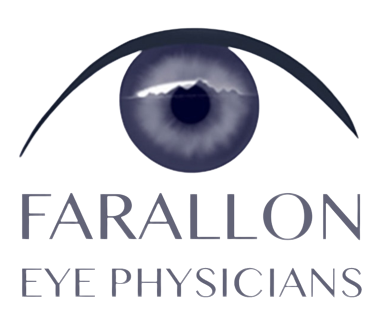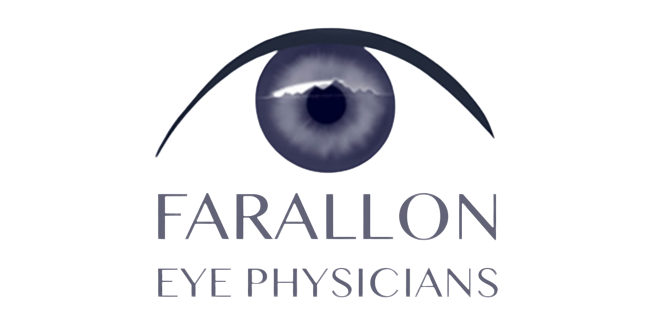Keratoconus
Keratoconus
Keratoconus
Keratoconus is an eye condition that typically first develops during the teenage years. It causes the cornea, a part of the eye that plays a role in focusing, to change shape, which leads to blurred vision. A hallmark sign of keratoconus is that the blurred vision does not improve with glasses. For many people, keratoconus is treated with rigid gas-permeable contact lenses. For others, a corneal transplant or laser surgery may be necessary.
Anatomy
Your eyes and brain work together efficiently to transform the light rays that enter the front of your eye into the images that you see. Light rays first enter your eye through the cornea, the “window” of your eye. The cornea is clear and helps your eyes focus.
The cornea is dome-shaped. It is rounded in the center and flatter around the edges. It has a smooth surface. Keratoconus causes the cornea to become cone shaped and have an irregular surface. The distorted shape impairs the function of the cornea and causes distortion and blurred vision.
Causes
The exact cause of keratoconus is unknown. Researchers suspect that eye allergies or genetics may contribute to the condition. Keratoconus appears to develop most frequently in people that wear contact lenses or are nearsighted, meaning that they see close objects clearly and distant objects blurry.
Symptoms
Keratoconus causes a gradual increase in blurred vision that is not correctable with prescription lenses. Symptoms usually start in the early teenage years and continue through about age 35. Unfortunately, there is no way to predict how the condition will progress. The severity of keratoconus can vary from person to person.
Diagnosis
An ophthalmologist can diagnose keratoconus by using specific tests to examine the cornea. Slit-lamp examination allows the doctor to view the inside of your eye, including the shape of your cornea. Corneal topography (photokeratoscopy or videokeratography) is an imaging technique that creates a 3D picture of the cornea. It is used for mapping the shape of the cornea and treatment planning.
Treatment
In many cases, keratoconus can be treated with rigid gas-permeable contact lenses. Some eye doctors recommend aggressive treatment for eye allergies. People that cannot tolerate contact lenses or that have severe keratoconus may benefit from corneal transplantation or laser treatment. Advanced treatments, such as high radio energy to reshape the cornea, may help prevent the need for a corneal transplant.
Prevention
Regular evaluation by your ophthalmologist or optometrist is very important.
Complications
Complications of untreated keratoconus are progressive worsening of vision and in rare instances the central cornea becomes very thin, turns white and can perforate.
Advancements
Experimental techniques using a particular vitamin in eye drops followed by ultraviolet light exposure is being explored as are newer surgical techniques.
This information is intended for educational and informational purposes only. It should not be used in place of an individual consultation or examination or replace the advice of your health care professional and should not be relied upon to determine diagnosis or course of treatment.
The iHealthSpot patient education library was written collaboratively by the iHealthSpot editorial team which includes Senior Medical Authors Dr. Mary Car-Blanchard, OTD/OTR/L and Valerie K. Clark, and the following editorial advisors: Steve Meadows, MD, Ernie F. Soto, DDS, Ronald J. Glatzer, MD, Jonathan Rosenberg, MD, Christopher M. Nolte, MD, David Applebaum, MD, Jonathan M. Tarrash, MD, and Paula Soto, RN/BSN. This content complies with the HONcode standard for trustworthy health information. The library commenced development on September 1, 2005 with the latest update/addition on April 13th, 2016. For information on iHealthSpot’s other services including medical website design, visit www.iHealthSpot.com.
To schedule an appointment for optical, ophthalmology or cosmetic services in Daly City, California, simply call the office of Susan Longar, MD.



